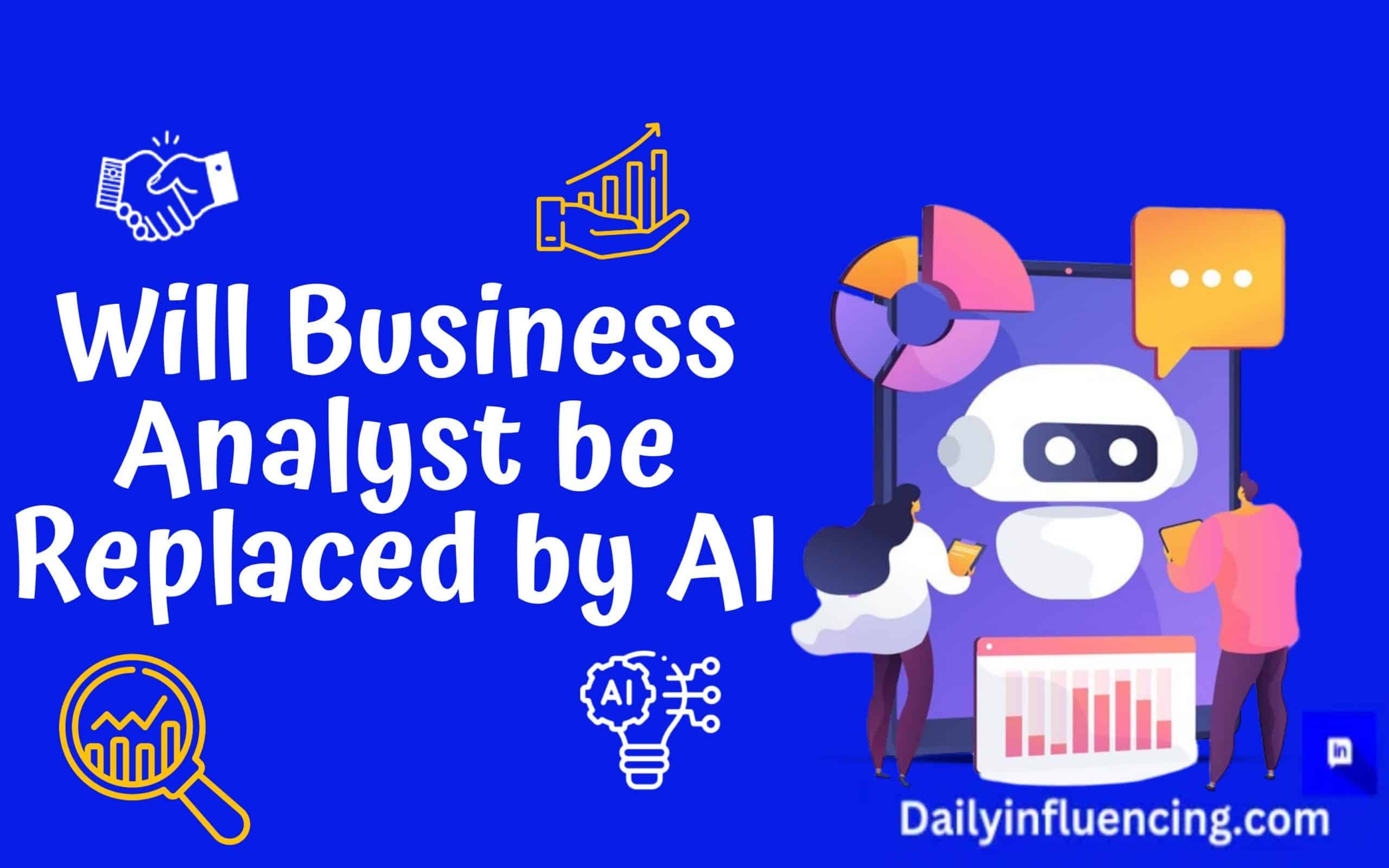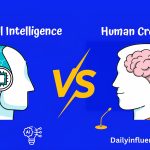
The question no longer begs, “Is AI here to stay or not?”It has shifted to something more personal: “Will AI replace my job?”.
AI is everywhere now, from writing tools to customer service bots and automations. It’s reshaping how we work and changing expectations across industries.
And today, we’re looking at a very important topic.
With the rise of these AI tools and their ability to process data, generate detailed reports and even predict outcomes, one must wonder, “Is there still a need for business analysts?
Has AI become so advanced that it can now take the place of these critical thinkers, these strategists who bridge the gap between and data and decision.
In this blog post, we’ll delve into who business analysts are, their roles in an organization, and whether artificial intelligence is now powerful enough to replace them.
Let’s dive in.
Who Is A Business Analyst?
A business analyst (BA) is an individual who uses data to understand a business’s processes, systems or products, analyzes that data and applies it to improve the organization’s efficiency and overall output.
A business analyst is not just a person who crunches numbers or reviews reports, they’re thinkers and problem-solvers. They dig into the why behind business challenges and explore how things can be done better.
Business analysts are strategists who can identify a business problem, break it down, review it and design a structured way to reduce inefficiencies and create a process to improve workflow. Their role bridges the gap between business needs and technology, making sure solutions are both practical and impactful.
What Does A Business Analyst Do In An Organization?
A business analyst has a special relationship with data. They talk directly with stakeholders across different parts of a company to understand their pain points or goals. At the same time, they’re gathering enough data to provide measurable insight and uncover specific patterns or trends.
Then, they look at this data, dating back to the past and combine it with the present to identify patterns that can help solve the business’s challenges. These analysts can dig into anything from internal processes and team performance to market trends and customer experience.
Furthermore, whether it’s streamlining processes, recommending new tools or adjusting workflows, they use their analysis to suggest strategic ways to improve a business’s performance.
The Role Of AI In The Business Analysis Space
Artificial intelligence (AI) has become a powerful tool that is transforming how data is collected and processed. Tools like Chatgpt, Power BI and Tableau can now handle a bulk amount of data that would have taken several days to work through in a matter of minutes.
In addition, these AI tools can forecast certain outcomes based on previous data. More than that, they’re capable of identifying errors, picking up on patterns in consumer behaviour and spotting market trends as they evolve.
Will AI Replace Business Analysts?
We’ve seen the importance of AI when it comes to analyzing data. We’ve seen the speed and intelligence which artificial intelligence works with. But right now, AI has its limits.
While AI can predict user trends, identify errors and make the work process faster, it can’t do the following.
Make value-driven decisions
Artificial intelligence gives you what you ask of it. It follows instructions, processes data and delivers results based on the input it receives. More like garbage in, garbage out. It doesn’t know the quality of data it’s been asked to process or the intent behind it. It simply does what its told, no more, no less.
On the other hand, business analysts have the ability to choose. To question data, reflect on the bigger picture and make sound decisions based on certain patterns, context and experience. That kind of critical thinking and intuition makes all the difference.
Adapt to complex situations
Not every business problem has a straight answer. Certain business situations are often messy, unpredictable and full of unknowns.
Business analysts use experience, logic, creativity and empathy to navigate through these uncertainties.
They look beyond the surface, ask the right questions and connect the dots. To business analysts, it’s not just about data- it’s about understanding people and context to help make decisions that will move the business forward.
Understand context
AI can process a ton of data and provide answers, but it never understands the full picture. A business analyst does more than manage data; they build trust, manage stakeholder expectations, and guide a business team.
The Future Of AI And Business Analysts
Artificial intelligence (AI) is powerful, but it is still a tool. One that could be used by a business analyst to improve the work process. The goal is not for AI to replace business analysts, but to support them. These strategic individuals can use artificial intelligence (AI) to automate certain repetitive, time-consuming tasks while freeing up their time and energy to focus on what really matters: identifying patterns, getting detailed insights and turning them into actionable strategies.
With AI, business analysts can function optimally. Using AI’s speed and accuracy, and its ability to handle large volumes of data, combined with these business analysts’ ability to communicate effectively, strategize and make value-driven decisions. It is not about artificial intelligence vs business analysts, it is artificial intelligence and business analysts.
Conclusion- Will AI Replace Business Analysts
While AI is changing the landscape of how business analysts work, it’s not here to take over. It’s a tool and not a replacement. It can speed things up, reduce manual effort and offer data-driven insights at scale, but it still relies heavily on human interpretation and direction. So, until AI can think, reason and act like a human, it will be just a powerful tool that can be used to work smarter, not harder.
Will AI replace business analysts?
Not likely. There are certain tasks business analysts undertake that AI isn’t built to do on its own.
Do you have a different opinion? Share your thoughts or questions in the comments below, I would love to hear your take on this.




